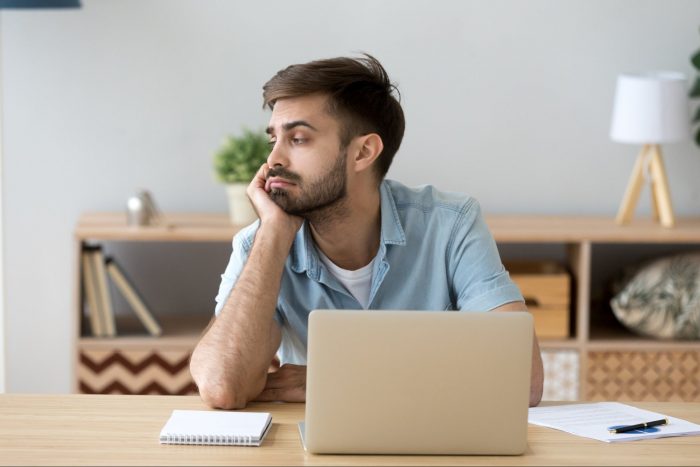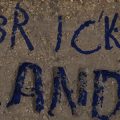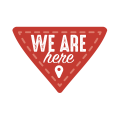Making meetings more meaningful
Business meetings are often stereotyped as boring wastes of time; echo chambers where the best ideas go unheard and conversations are monopolized. It’s even easier to feel disengaged when staff are isolated and the meeting is virtual. But the stereotype can be smashed. Isabella Bruno shares the success she and Fiona Meagher have had with a new approach to virtual meetings.

Over the past year, I have been working slowly and deliberately to make virtual meetings better. While the way we define “better” varies, I found an approach that serves me well, an open-source method called Liberating Structures, which are conversational patterns that make the reasons why we gather transparent and engaging. LS demonstrates that the ideas are already in the room, we just need to make space to hear them; when people feel engaged and included, they produce better results. A short LS training I attended last February helped me realize that we all needed support and compassion in adjusting to our remote and physically removed meeting world.
In May, I teamed up with Fiona Meagher, Experience Designer at the American History Museum, to start a facilitation community of practice focused on the needs of the GLAM (Galleries, Libraries, Archives and Museums) sector. After almost a year, we’ve hosted more than 20 sessions and our membership is up to 116. Though our membership comprises primarily Smithsonian colleagues, we are joined by folks calling in from D.C to Canada and running the gamut of roles within the museum field. Guests from outside the group have led sessions about their favorite facilitation methods—Sarah Stein Lubrano (The School of Life UK)—and programs that facilitate discussing divisive topics—Kaz Brecher (Made by Us / Curious Catalyst).
We’ve been invited to share LS with the Emerging Leaders Development Program (thanks to Trish McKim of the Office of Human Resources for that invitation) and the C3/DEAI (Diversity, Equity, Inclusion, Access) group (thanks to Katherine Ott of NMAH). We’ve supported conversations about caregivers’ needs during the pandemic and hosted introductory sessions for colleagues at the American History Museum as part of the museum’s 2020 strategic planning process.
“The Facilitation CoP has been a rewarding haven both personally and professionally during these challenging times. It provides a welcoming and fun environment in which I can move beyond my everyday work life to explore new areas and experiment, and to get outside the shell of the pandemic. Because those of us in the CoP have all chosen to take this journey together, I feel a liberating spirit of companionship that fosters open dialogue and makes the give and take of sharing different points of view and constructive criticism easy. I come away from each session feeling better in mind and body.”
Whitney Watriss
SOAR
We’ve recently started a new session called “Facilitation Karaoke,” a way for anyone to practice or experiment with facilitation and to “grab the mic” within a safe space. It’s been deeply fulfilling to foster a community of care during this time, and we do our best to “learn out loud” as we strive to make our meetings as antiracist, inclusive, accessible, and enjoyable as we can.
“I’ve been participating in the Facilitation community of practice that Isabella Bruno and Fiona Meagher began offering as a purely volunteer effort, and it has been great. Through it they’ve really helped build community and meaning in this time, and skills, too, among Smithsonian colleagues and in the wider museum/facilitation world.”
Kate Christen
Sustainability Advisor/Smithsonian Facilities
We’ve also used our gatherings to share information with each other about mutual aid platforms that support colleagues affected by the pandemic. The feedback that I’ve gotten from attendees emphasizes that this virtual practice space is a friendly, social experience and a come-as-you-are, learn-at-your-pace session. A community of practice exists to support practitioners as they learn and grow; in my mind, anyone who joins a session is a practitioner. We promote connection with the global LS community by inviting our group to join the LS Slack and by sharing other sessions from around the world. I’m deeply proud of fostering this and can’t wait to observe and be a part of its evolution from here.
“I want to thank you for the space that you’ve created and for letting me join. I have gained so much from participating and it has been a highlight for me. It is just wondrous to gather and have dialogue with people who are also facilitators who are thinking carefully about facilitation. I’m so grateful for this space!”
Izetta Mobley
If you’re interested in learning more, write Isabella (brunoi@si.edu) and Fiona (meagherf@si.edu) To join upcoming sessions, please complete the form that can be found at this link.
Isabella Bruno is a designer at the Smithsonian’s National Museum of American History.
Posted: 15 March 2021
-
Categories:
Collaboration , Education, Access & Outreach , Feature Stories







